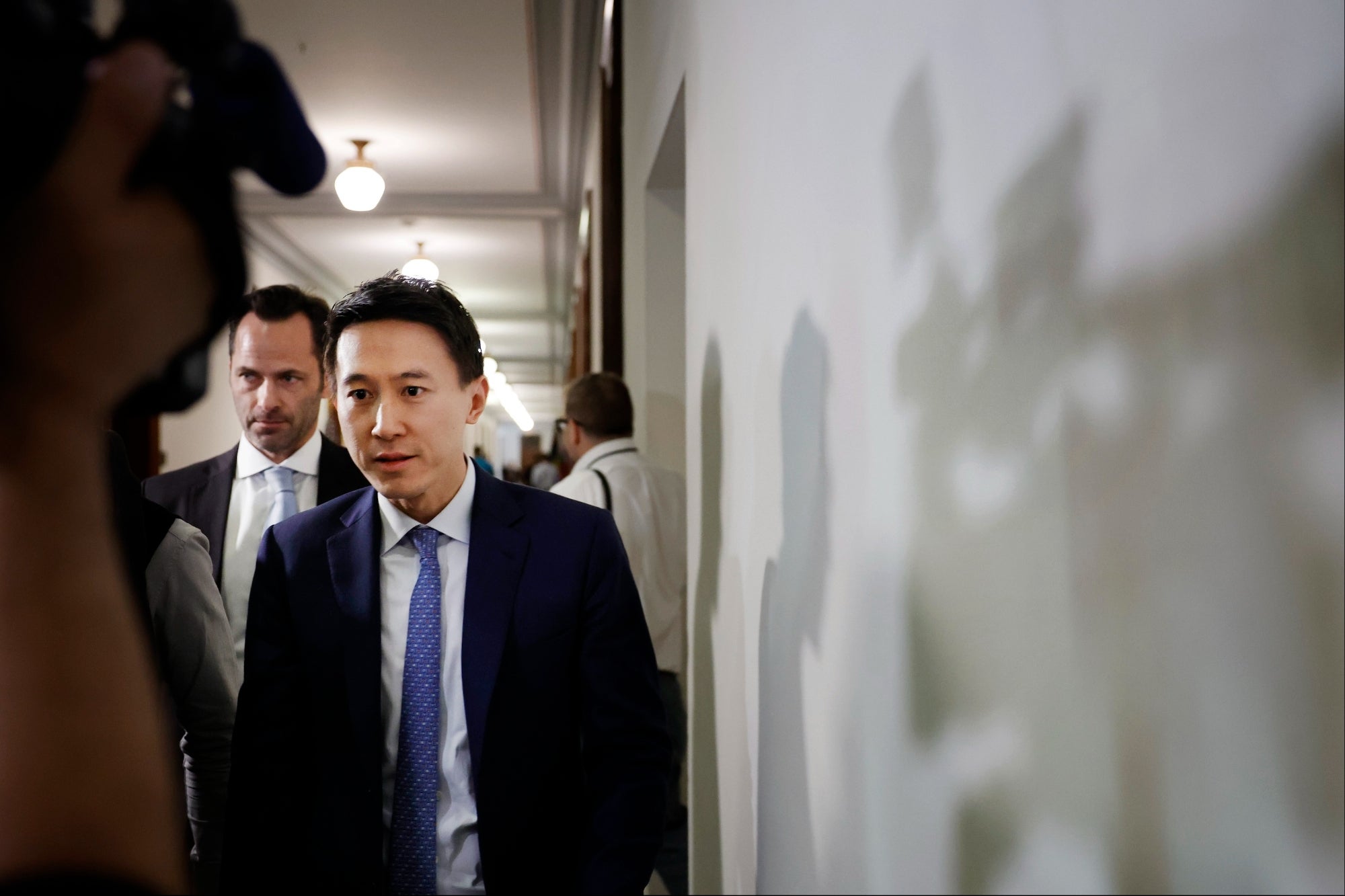WeWork Sues Ex-Employee for Disclosing Information to Reporters In a complaint filed late on Friday with the New York Supreme Court for Manhattan, WeWork accused Joanna Strange, who was fired June 10, of unlawful access to its computers and of stealing confidential and proprietary information.
By Reuters •

This story originally appeared on Reuters

WeWork Companies Inc., a closely held operator of shared office space, has sued a former employee for unauthorized disclosure of information to Bloomberg News that showed the firm, which is valued at $16 billion, falling short of its financial goals.
In a complaint filed late on Friday with the New York Supreme Court for Manhattan, WeWork accused Joanna Strange, who was fired June 10, of unlawful access to its computers and of stealing confidential and proprietary information. The firm, which operates sites in 40 U.S. and foreign cities, also accused Strange of breaching her contractual and fiduciary duties.
Bloomberg reported on Friday that in late April, WeWork in an internal review document slashed a 2016 profit forecast by 78 percent, cut its revenue estimate by 14 percent and disclosed a 63 percent surge in projected negative cash flow.
Chief Executive Officer and co-founder Adam Neumann told employees in meetings on May 9 and May 23 that the company had to rein in costs and get its finances in order, according to Bloomberg. WeWork said on Thursday that it reported a case of corporate theft to the U.S. Attorney's office and that the "stolen document was prepared months ago for scenario planning purposes and does not reflect our robust operating momentum."
Reuters was unable to contact a lawyer for Strange.
WeWork said it required all employees to sign an agreement that precluded them from disclosing proprietary information without written approval. This restriction applied both during and after Strange's employment, the court filing said.
After her termination, Strange accessed WeWork's computers without authorization by using credentials belonging to David Fano, a senior executive, and disclosed the information to reporters, the filing said.
WeWork said it was seeking unspecified damages and a trial by jury.
Strange may say that at least some of the disclosed information was not truly proprietary, said Dan Eaton, a lecturer at San Diego State University's College of Business and an employment lawyer. Some information about the company's finances was known, he said.
Strange may say that she had authorized access to the information, Eaton said. In California, granting access to and then misusing information is not a violation of the Computer Fraud and Abuse Act because the anti-hacking statue focuses on access, not misuse, he said.
(Reporting by Herbert Lash; Editing by Lisa Von Ahn)










